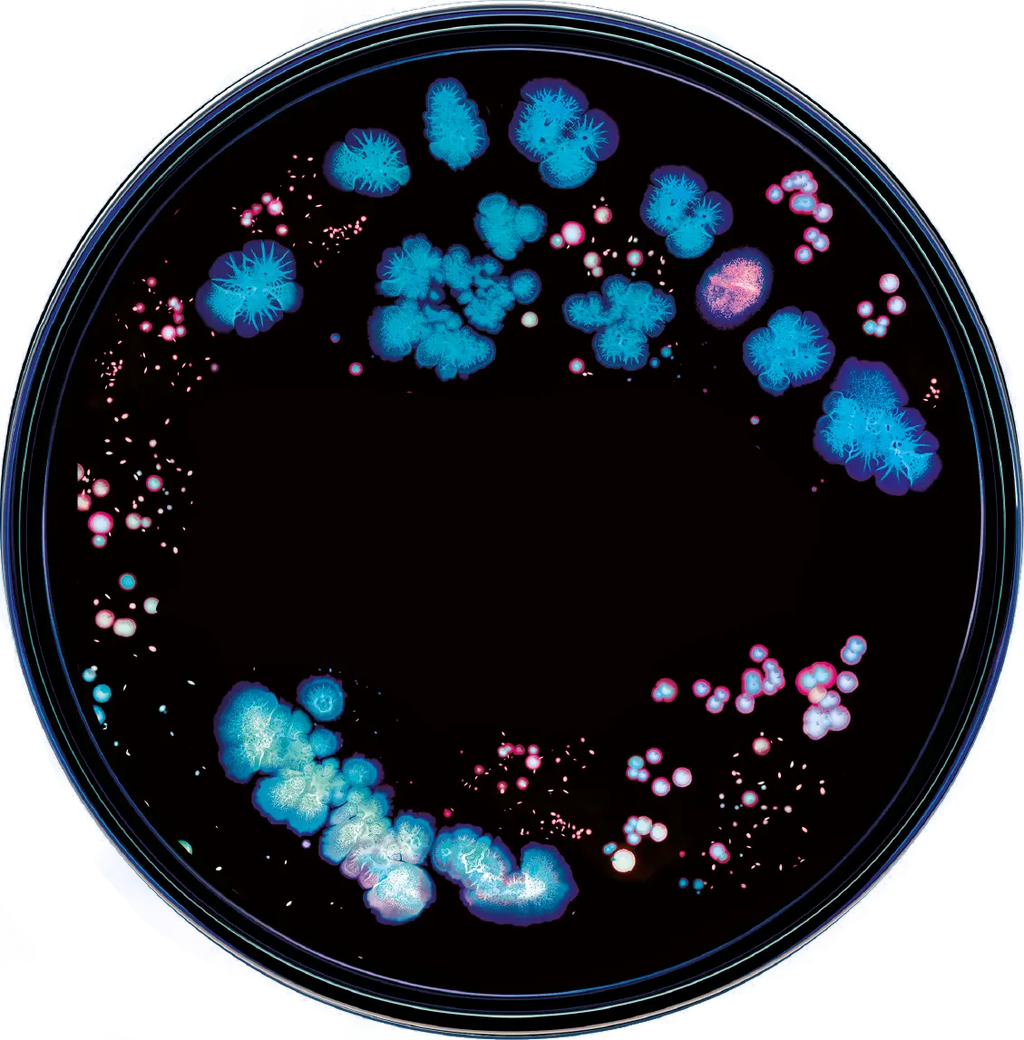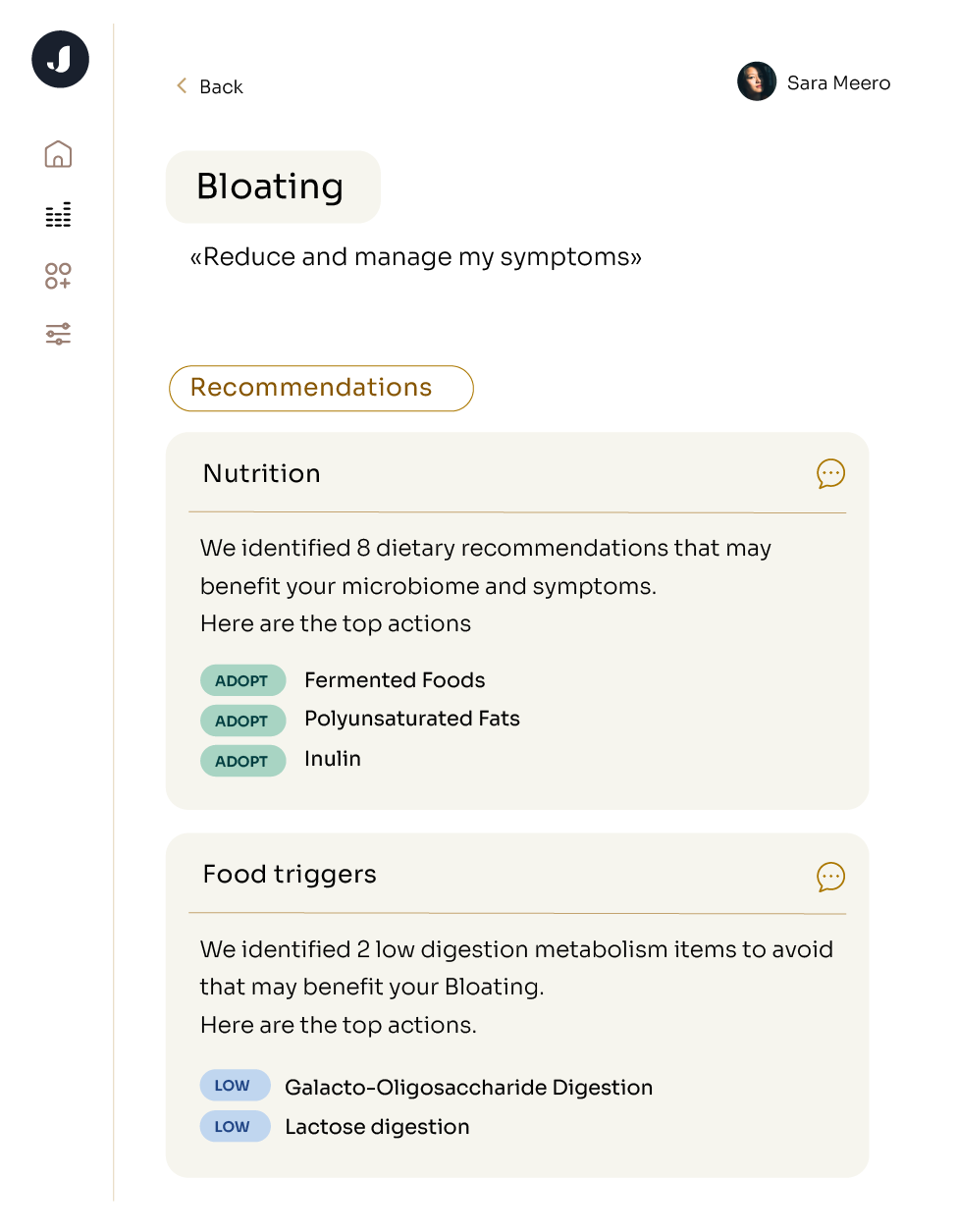FSA/HSA Eligible. Free Shipping, Always.

Gut-Brain Axis
IBS
microbiome
Your Gut and Intuition
Your gut and brain are deeply connected, influencing emotions, decision-making, and even intuition through the gut-brain axis. Gut microbes can play a key role in shaping emotional regulation and subconscious choices, making "gut feelings" more than just a metaphor.




